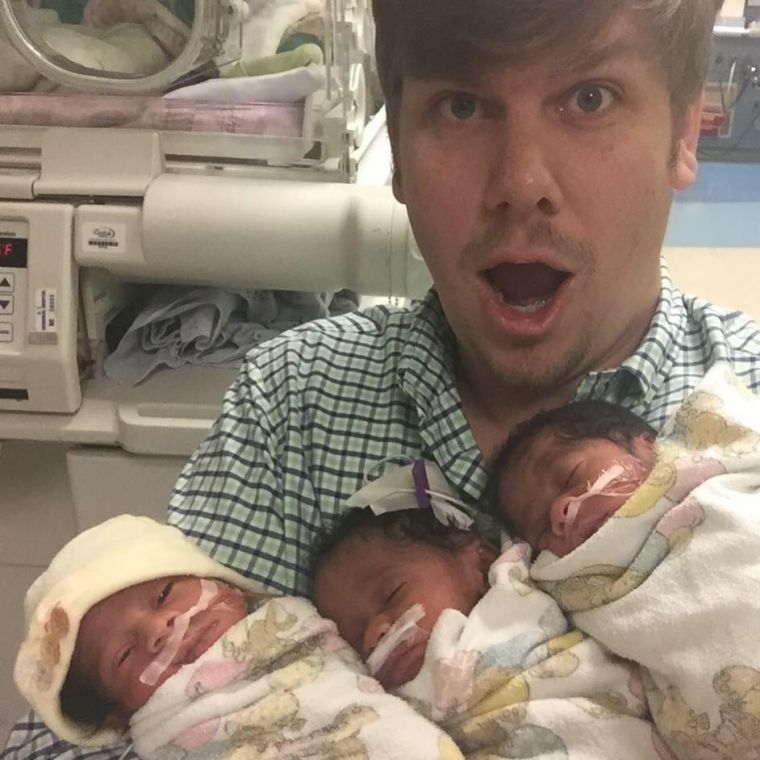Embryo adoption is a pathway to parenthood that combines elements of traditional adoption with in vitro fertilization (IVF). As someone who has guided many through this journey, both professionally and personally, I’ve witnessed the profound impact it can have on families. This article provides insights based on my extensive experience, offering a detailed perspective on the process, challenges, and rewards of embryo adoption.
Understanding the Embryo Adoption Process
-
Embryo Creation and Donation The journey to embryo adoption begins with the creation of embryos, typically through IVF procedures. Couples undergoing IVF may have surplus embryos that they choose not to use. These embryos can be donated to individuals or couples looking to adopt. From my experience, it’s essential to understand the process from both a clinical and emotional standpoint. Donor couples must make informed decisions about donating their embryos, considering the future implications for both themselves and the adoptive family.
-
Matching with Donor Embryos The matching process in embryo adoption is a critical step that requires careful consideration. Prospective parents are matched with embryos based on various factors, including genetic backgrounds, medical histories, and personal preferences. In my professional capacity, I have seen how this stage involves meticulous attention to detail and clear communication between all parties. It's crucial for both the donor and recipient families to align their expectations and preferences to ensure a successful match.
-
The Embryo Transfer Procedure Once a match is made, the selected embryos are transferred into the recipient’s uterus. This procedure is akin to the embryo transfer used in standard IVF cycles. My experience has shown that while the technical aspects of the procedure are well-established, success rates can vary widely. Factors influencing success include the health of the embryos and the recipient's uterine environment. It’s important for prospective parents to work closely with their fertility specialists to understand their specific chances of success.
Legal and Ethical Dimensions
-
Legal Considerations The legal framework surrounding embryo adoption is complex and varies by jurisdiction. Based on my experience, it is imperative for both donor and recipient families to seek legal counsel specializing in reproductive law. This ensures that all legal aspects, such as consent forms, parental rights, and potential future contact, are addressed comprehensively. Proper legal guidance helps prevent misunderstandings and protects the interests of all parties involved.
-
Ethical Issues Ethical considerations are central to embryo adoption. Donor and recipient families must navigate issues related to consent, the future of the embryos, and the emotional aspects of the adoption. From my perspective, maintaining transparency and ethical integrity is crucial. Establishing clear agreements and fostering open communication can help address potential ethical concerns and ensure a respectful and ethical process.
Emotional Impact and Support
-
For Adoptive Parents The emotional journey of embryo adoption can be both challenging and rewarding. Adoptive parents often experience a range of emotions, from hope and excitement to anxiety and uncertainty. In my experience, having access to emotional support and counseling can make a significant difference. Support groups and professional counseling provide valuable resources to help manage these emotions and navigate the ups and downs of the adoption process.
-
For Donor Families Donor families also face emotional complexities, including the decision to donate their embryos and the potential impact on their future. It’s important for donor families to have access to support and counseling to address their feelings and concerns. Open communication with the adopting family can also help in managing these emotions and providing clarity throughout the process.
Conclusion
Embryo adoption https://ngc.clinic/en/our-services-en/embryo-donation offers a unique and meaningful path to parenthood, combining the principles of adoption with advanced reproductive technologies. From my extensive experience, I can affirm that while the process involves navigating medical, legal, and emotional complexities, it also holds the potential for profound fulfillment and joy. By approaching the process with careful consideration, seeking professional guidance, and maintaining open communication, families can successfully navigate the challenges and embrace the rewards of embryo adoption.
